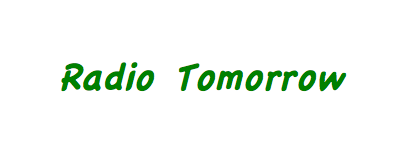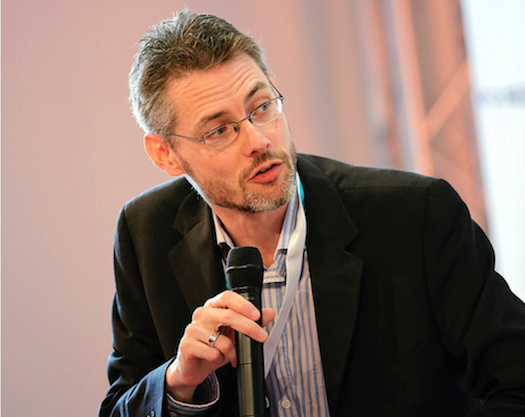James Cridland joins radioinfo and AsiaRadioToday to present a new regular feature called Radio Tomorrow (TM).
Hello. You don’t know me, and I probably don’t know you – but it’s great to meet.
I’m a Brit. I know, like you need more of those in Australian radio. But hold on: my partner is from Queensland and my daughter has a fancy certificate of Australian citizenship, so I do have at least some redeeming qualities.
If it helps endear me a little more to you, one of my favourite beers is Cooper’s Green, though I’m still a little confused about pots and schooners.
I speak in radio conferences about radio’s future: and I also get to see a lot about what’s going on in radio across the world. At the end of last year – after a great time at the National Radio Conference in Melbourne – I had a rather ridiculous month of travelling to Los Angeles in the US, Moscow in Russia, Hilversum in The Netherlands, Biel in Switzerland and Berlin in Germany. I could write a travel column too.
Radio in most of these places is doing well: strong businesses, with audience figures that are stable in most cases and increasing in many. Radio in Moscow is most popular with young audiences, not with the old. In the Netherlands, radio’s slick, yet reinventing itself with video and other services. In Switzerland, just as Australia, the future’s very much DAB+ shaped, for some stations at least. In the US, beneath a slight air of depression, some interesting things are happening.
What ties all these places together – with the possible exception of the US – is that broadcasters are keen to understand what’s going on across the rest of the world. They steal the best ideas from everyone else, and keep innovating and trying new things. I’d like to help you steal some ideas from others – particularly in the area of radio’s future.
My background is as a radio creative technologist. I’ve worked as a presenter and copywriter in UK radio, and worked under a certain Paul Jackson as Digital Director for Virgin Radio in London (don’t worry, that accent meant I didn’t understand a thing he said either). During my time at Virgin, I launched the world’s first radio app for mobile phones, and helped make Virgin the world’s most listened-to online radio station. I then spent a few years at the BBC, fixing the sound of their stations online. I’m now working for a variety of broadcasters across the world, helping them understand what’s next.
There’s a bunch of interesting, and fascinating, things that radio stations across the world are doing. Some are programming ideas and neat stunts; but others are ideas on how to use technology better, from websites to WhatsApp, from video to Viber, from personalisation to playlisting.
So, I’d like to bring the best of the world to this column. Hopefully this will be a repository of great ideas that you, or your digital team, might want to steal. In the first few weeks, I’ll talk about how to get your radio station be famous for the music it helps your listeners discover; and how radio and mobile phones can really click together.
I’m honoured to be asked to do it, and I look forward to taking part in the conversations that I hope it starts. It’ll be great to meet you: and hear your suggestions.
Now, if you’ll excuse me, I’m off for a nice cup of tea.
Read all James’ columns in the Radio Tomorrow section of our site.
Radio Tomorrow is a trade mark of Radioinfo Pty Ltd.
 James Cridland is a radio futurologist, and is Managing Director of media.info, a companion website to radioinfo and AsiaRadioToday.
James Cridland is a radio futurologist, and is Managing Director of media.info, a companion website to radioinfo and AsiaRadioToday.
He has served as a judge for a number of industry awards including the Australian ABC Local Radio Awards, the UK Student Radio Awards, and the UK’s Radio Academy Awards, where he has also served on the committee. He was a founder of the hybrid radio technology association RadioDNS.
James is one of the organisers of nextrad.io, the radio ideas conference each September, and is also on the committee of RadioDays Europe. He writes for publications including his own media.info, Radio World International and RAIN News.
James lives in North London with his partner and a two year-old radio-loving toddler. He very, very much likes beer.

